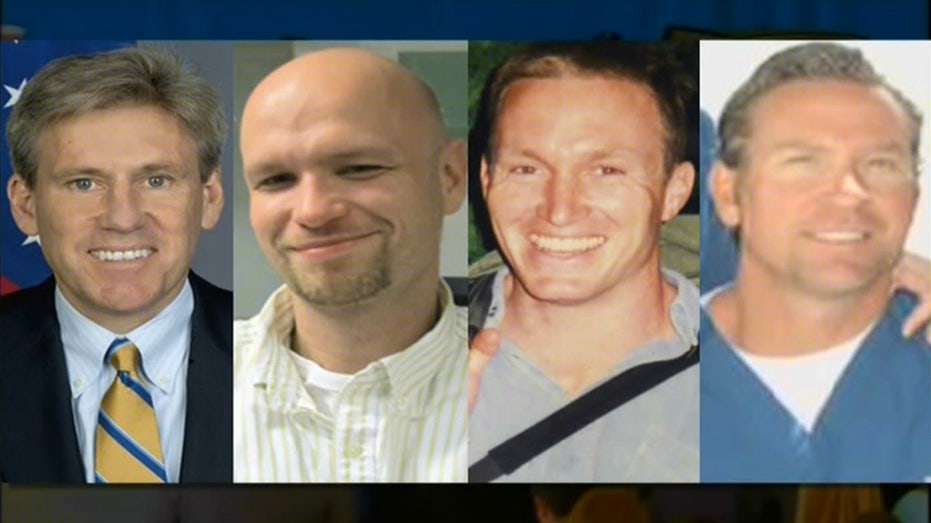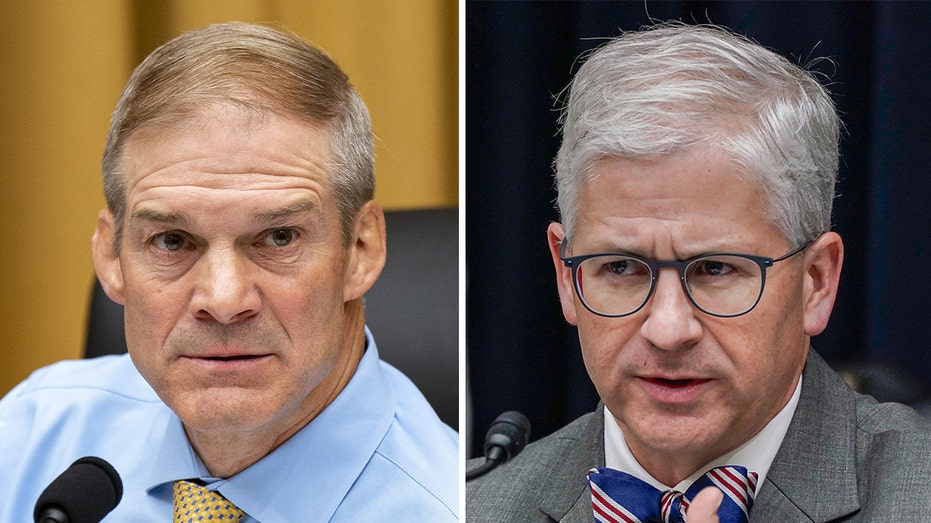Benghazi ‘mastermind’ resentenced to 28 years in prison for attack that killed 4 Americans
A federal judge resentenced the mastermind behind the attacks on a U.S. consulate in Benghazi that killed four Americans to 28 years in prison.

The mastermind and militia leader behind the 2012 deadly attack on a U.S. consulate in the Libyan city of Benghazi was resentenced Thursday to 28 years in prison.
The sentence handed down to Ahmed Abu Khatallah, 53, came despite requests from federal prosecutors that he be sentenced to 60 years in prison. They argued his original sentence of 22 years was "unreasonably low."
Khatallah was convicted of four counts in 2017, including providing material support to terrorists and destroying U.S. property, but he was acquitted on the most serious charges.
Four Americans, including U.S. Ambassador to Libya Christopher Stevens, were killed in the attack on a U.S. diplomatic compound and a CIA complex in Benghazi, Libya, Sept. 11, 2012.
BENGHAZI HERO KRIS 'TANTO' PARONTO SHARES LESSONS LEARNED FROM 2012 TERROR ATTACK
The U.S. Court of Appeals for the D.C. Circuit ruled in 2022 that 22 years in prison is not long enough for Khatallah "given the gravity of such an assault on an American diplomatic facility and the district court’s own recognition of the vital need to deter such crimes."
Khatallah was a leader of Ubaydah bin Jarrah, an extremist militia, and sought to incite violence against the United States because of its presence in Libya, the Justice Department said. The group began stockpiling weapons in early 2012 in anticipation of committing an attack.
BENGHAZI LEGEND MARK GEIST PRESENTS K9 SERVICE DOG TO COMBAT VETERAN IN N.J.
The militia attacked the consulate Sept. 11, 2012, set fires inside the compound and broke into buildings. Hours after it started, Stevens, State Department employee Sean Smith and CIA contractors and former Navy SEALs Glen Doherty and Tyrone Woods were killed in the fighting.
Benghazi soon became a divisive political issue.
Congressional Republicans accused President Obama and Secretary of State Hillary Clinton of intentionally misleading the public by suggesting the attacks were a backlash against the film "Innocence of Muslims."
Several years of congressional inquiries followed, but the final report ultimately did not place blame on any specific individual.



